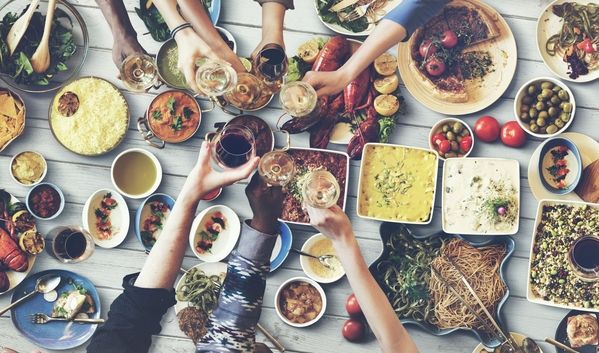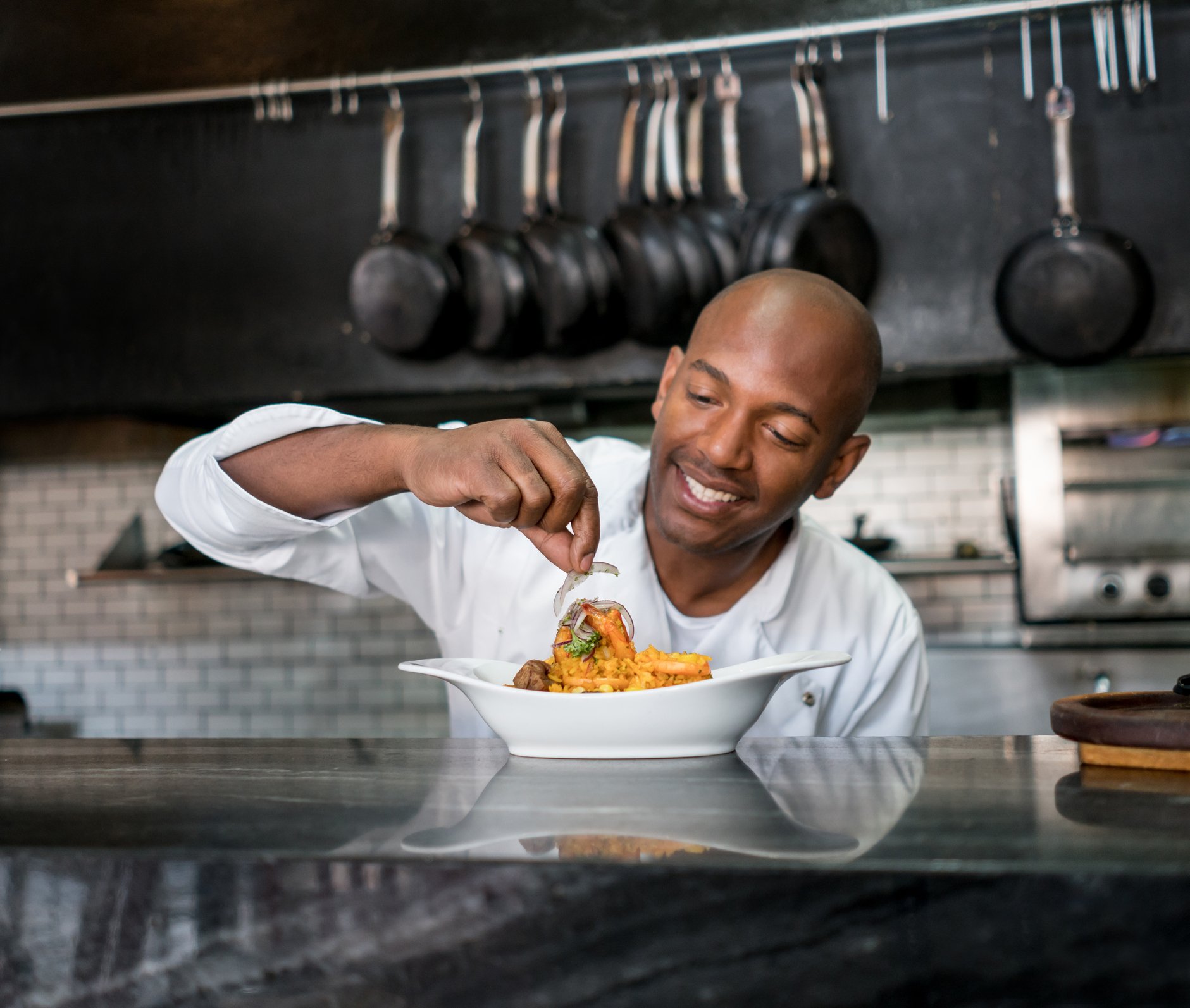The restaurant industry is on the verge of being irreversibly altered from the global coronavirus pandemic. Even where mandatory closures are not disrupting dining habits, social distancing and self-isolation are causing havoc with chains.
Data from Booking Holdings (BKNG 9.32%) OpenTable online reservation service shows seated diners at restaurants in its network all across the country have plummeted 98% from the year ago period as of March 19, a dramatic change from just one week prior when only reservations had fallen by just 28%.
The last time they showed growth was March 1, meaning in less than three weeks' time going out to dinner as an option has all but completely ended.

Image source: Getty Images.
While that's perhaps a necessary outcome in the fight to stop the spread of COVID-19, it also means that casual dining restaurant operators like Darden Restaurants (DRI +2.29%), which owns the Olive Garden and Longhorn Steakhouse chains, as well as upscale dining restaurants like Ruth's Chris Steakhouse, are facing a gloomy future.
Changing how food is served
Where fast food outlets such as McDonald's (MCD +0.40%) can fall back on their drive-thru windows -- even fast-casual leader Chipotle Mexican Grill (CMG +1.38%) has come to rely upon its Chipotlanes for increased business -- the casual dining sector's takeout and delivery business has always been ancillary to their business.
Darden ran $5 takeout specials last quarter that proved popular and helped boost the top line, and Applebees and IHOP owner Dine Brands (DIN 0.96%) says takeout represents about 10% of its business with delivery accounting for around 3% or so.
For Chili's owner Brinker International (EAT +0.82%) the percentage is a bit higher at around 17% for takeout and delivery, but casual dining is still one typically defined by dining in and sitting down. It's almost a requirement for fine dining.
Employees seen in a different light
Beyond having to change the way they operate, restaurants have also found it necessary to step up assistance for their employees through what is hoped will be a relatively short disruption.
- Darden, which just closed all of its restaurants nationwide, began offering paid sick leave for its 190,000 workers in addition to paid family and medical leave, healthcare plans, and a 401(k). Employees now qualify for one hour of sick leave for every 30 hours worked and it will also provide two weeks pay under a new emergency pay program.
- Golden Corral is giving employees at company-owned restaurants two weeks of paid leave
- In-n-Out Burger closed all of its dine-in restaurants and replenished all of its workers' paid sick time accounts so they have two weeks of full pay available
- Buffalo Wild Wings and Sonic owner Inspire Brands implemented a new catastrophic paid leave program
Increased pay, emergency benefits, and time off are some of the policies restaurant have offered their workers, yet many times they represent the sort of benefits the workers have been demanding be implemented across the industry before the pandemic.
It now may become difficult to rescind a lot of these programs after the crisis passes, and many will undoubtedly continue to live on in some form afterwards. Employees may have heightened expectations that restaurants will continue to care for their employees with beefed up benefits, even if they're not as extensive as they were through the pandemic.
Many service workers have continued to ensure food and other necessities were available while the public was able to practice social distancing and self-isolation. Perception may shift more in favor of them being offered enhanced benefits going forward.
A sea change is coming
Darden Restaurants is one of the world's largest casual dining chains and how it responds to the crisis and comes out on the other end will likely result in many other chains following suit, both within the casual segment and without.
The paid sick leave policy, for example, is now permanent. It had been rolling it out already across the company, but accelerated its adoption in response to the pandemic. Others may offer some form of the benefit going forward as well.
Yet it's also true restaurants operate on thin margins as it is, and less financially secure operators won't be able to do so, even if they survive. That's why this industry may be forever altered by this experience.











